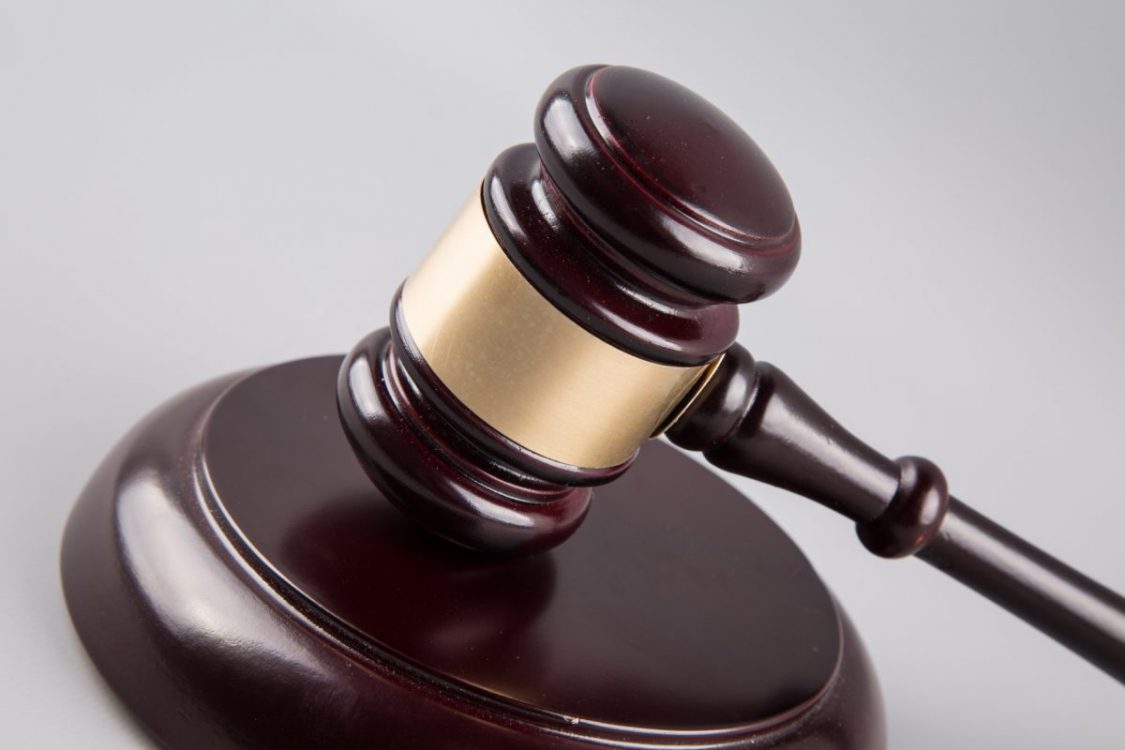Judges must aspire to remain on the side of public

US President Joe Biden is under immense pressure to fire the Supreme Court. His minders think if he cannot disband the institution, he should either expand it or introduce a mandatory retirement age for the nine judges.
The Democratic lynch mob is infuriated by a pattern in which the court has been rendering judgements that seem to be overturning their liberal agenda.
The court has rejected the President’s plan to forgive student loans debt, affirmative action in student admissions and sided with a graphic artist who declined to create wedding websites for gay couples. It shook the Democratic base after it overturned a half-century of precedent by rejecting the constitutional right to abortion.
Biden yelled that the court was “not normal.” But that is the only thing he can do. He cannot fire the judges because they are appointed for life.
Closer in South Africa, President Jacob Zuma was pushed out of power in 2018 by the Constitutional Court which ruled that Parliament had failed to hold him accountable over the use of state funds to upgrade his rural home.
That followed an earlier court decision in April 2016 that found Zuma had “failed to uphold, defend and respect the Constitution”.
Zuma’s regime was tainted with allegations of corruption, cronyism and state capture by a powerful Indian family which he favoured with mouth-watering state contracts. On realising that he was becoming a burden, ANC prevailed upon him to resign.
The two cases illustrate not only the central role a country’s Judiciary can play in protection of constitutionalism but also advance or frustrate an administration’s agenda.
An independent, impartial and bold Judiciary is the cornerstone of democracy, temple of justice and fortress of the down-trodden. An efficient and impartial Judiciary is good for business, peace and stability. It is more necessary in a country like ours where the line between the Executive and Legislature is irredeemably blurred.
The Legislature, though envisioned to be independent, has rendered itself as cheerful servant and conveyor belt of the Executive. The Kenyan Judiciary has occasionally demonstrated flickers of independence. There have also been odd, troubling decisions from the courts in clear circumstances where justice is sold to the highest bidders.
The Supreme Court in 2017 overturned a presidential election. In 2015, judges blocked a government-backed plan to make fundamental changes to the Constitution. The justices declared that the Building Bridges Initiative (BBI), was irregular, illegal and unconstitutional.
Members of the Ruto administration who were heavy litigants against BBI painted the ruling in golden colours.
Now the shoe in on the other foot. The Kenya Kwanza regime is at war with the Judiciary for stopping what it found to be illegal appointment of Chief Administrative Secretaries and halting implementation of the Finance Act.
Judges had also put brakes to the judicial commission of inquiry into the Shakahola cult deaths. Kenyans should be reminded that the current Judiciary is a product of bold reforms that were entrenched in the 2010 Constitution deliberately tailored to render it independent and shield it from exposure to abuse by other arms of government.
Indeed, because of concerns around the independence of the Judiciary, the Constitution demanded exit of the Chief Justice then in office six months after it took effect. He was a presidential appointee. The composition of the Judicial Service Commission (JSC) was removed from the presidency and broadened. JSC was given the exclusive jurisdiction to appoint judges and oversee the Judiciary.
Because of the reforms, the quality of judgements in the upper courts has an insignia of good learning with a bent towards liberty but the magistracy remains largely uninspiring.
But even with the onslaught against the Judiciary, judges must endeavour to remain on the side of the people.












